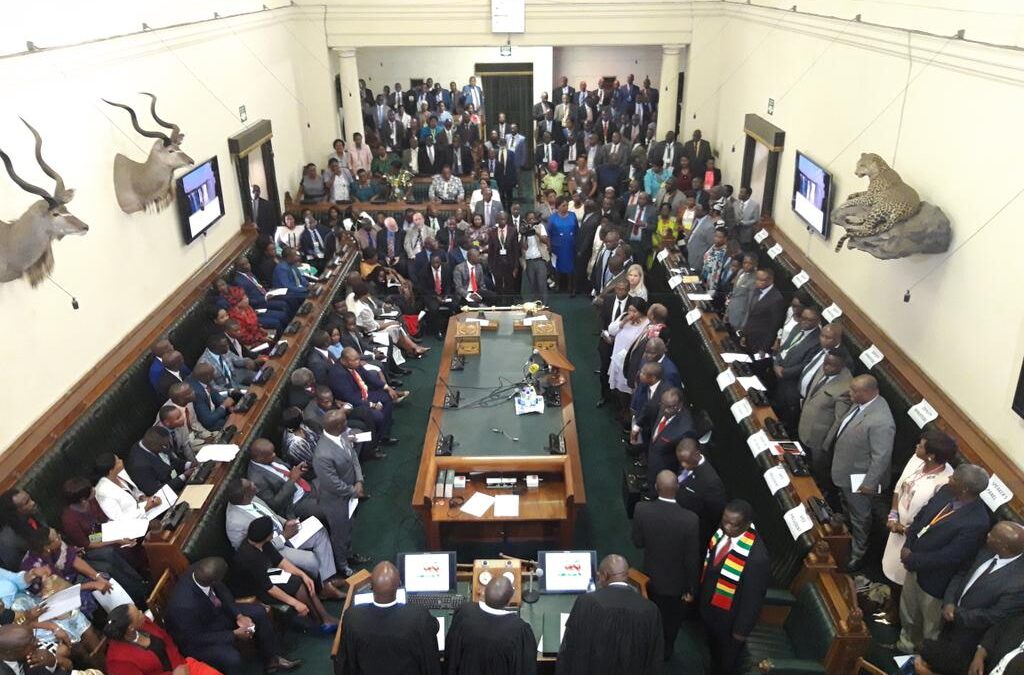Amanda E.N Jojo
Zimbabwe yesterday joined the world in celebrating the International Day for the preservation of the Ozone Layer which is being celebrated under the theme, “Montreal Protocol – Keeping us, our food and vaccines cool.”
The day, which is commonly referred to as the “World Ozone Day” was set aside by the United Nations General Assembly in 1994 for all Nations to reflect and act against the depletion of the stratospheric ozone layer.
Zimbabwe is a signatory to the Montreal Protocol on Substances that Deplete the Ozone Layer.
The Minister of Environment, Climate, tourism and Hospitality Industry Mnagaliso Ndlovhu said this year’s theme recognises the important role of refrigeration in preserving perishable food stuffs including the whole food supply chain.
“During this Covid-19 pandemic period , the refrigeration and air conditioning sector within the provisions of the Montreal Protocol has played a crucial role in preserving our vaccines, some of which need very low temperatures during transportation and storage.
“Most of these Ozone Depleting Substances (ODS) are “Greenhouse Gases” (GHGs) that trap outgoing radiation thereby contributing significantly to global warming and climate change. In this regard, the Kigali Amendment to the Montreal Protocol makes bold moves to phase-out hydrofluorocarbon refrigerants that have high global warming potential and contribute to climate change.,” Ndlovhu said.
This year Zimbabwe ratified the Kigali Amendment to the Montreal Protocol, thus effectively joining the current drive towards zero global warming and zero ozone depleting substances.
The Kigali Amendment to the Montreal Protocol, which entered into force on the 1st January 2019, is set to deliver even stronger climate benefits. Under the Kigali Amendment, nations have committed to phase down Hydrofluorocarbons (HFCs) which are potent greenhouse gases.
“The Kigali Amendment provides an opportunity for improved energy efficiency in the cooling sector.
“Alternatives to HFCs offer an opportunity to redesign refrigeration and air conditioning to use less electricity, allowing expansion of comfort cooling and cold chain efficiencies without increasing the climate impacts,” Ndlovhu said.
The combination of reducing HFC consumption and improved cold chain efficiencies, particularly in developing economies, will combat food losses.
“It is therefore important that on this World Ozone Day, the 16th September 2021, we celebrate and acknowledge the Montreal Protocol and its Kigali Amendment in its wider efforts to keep us, our food, and vaccines cool,” Ndlovhu said.





0 Comments